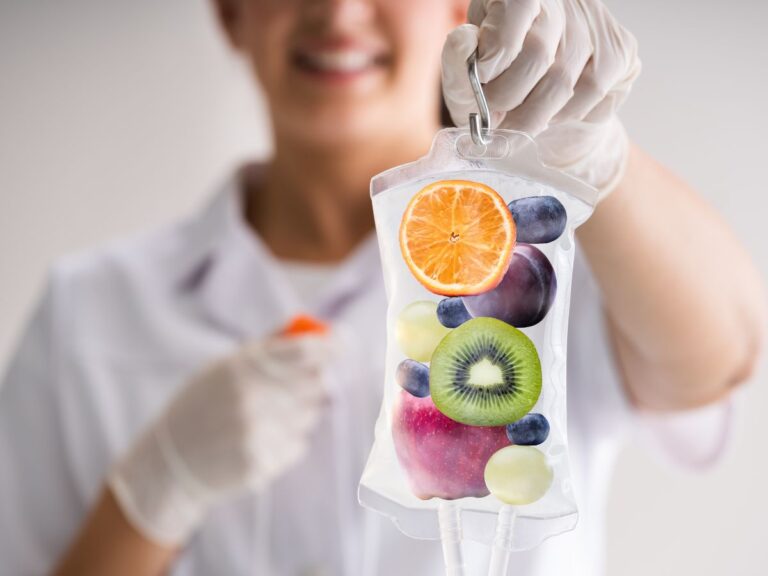In the United States, 75 percent of all women are affected by a condition commonly known as premenstrual syndrome, or PMS. PMS usually occurs between ovulation and the start of menstrual bleeding, and is often associated with symptoms such as anxiety, mood swings, depression, irritability, bloating, water retention, sugar cravings, breast soreness, headaches or migraines, and problems with sleeping. Approximately 20 percent of all PMS cases are severe enough to require treatment, and 8 percent of all PMS cases are so extreme that they have been dubbed with a new medical term known as premenstrual dysphoric disorder, or PMDD.
While many women will attribute PMS to being hereditary or just a bout of bad luck, the real reason behind PMS is hormonal imbalance. When women experience an imbalance in progesterone, their PMS symptoms may be limited to water retention, bloating, irritability, food cravings, and heavy menstrual periods. On the other hand, those who experience an imbalance in estrogen may tend to experience more breast soreness, acne, anxiety, painful cramping, and migraines or headaches.
Hormonal imbalance is not just linked to older age as many might suspect, and can be caused by one or more factors that include exposure to environmental toxins, chronic stress, poor nutrition, and lack of exercise. In the United States, many individuals can experience hormonal imbalance as a result of consuming foods high in sugar and refined carbohydrates, caffeine, alcohol, dairy, processed meats that contain nitrates, and toxins from pesticides that can affect estrogen levels. Imbalances of “good” and “bad” gut bacteria can also lead to worsened PMS and hormonal imbalance because they are unable to stop excess estrogen from being reabsorbed into your bloodstream even after being processed by your liver. As a result, women will experience estrogen dominance, of which PMS is a leading symptom.
One of the healthiest, most ideal ways to combat PMS and PMDD is to eat a healthy diet high in protein, fiber, and omega-3 fatty acids — all of which can help balance blood sugar and hormone levels. Reduce your exposure to environmental toxins by consuming organic meats and produce that lack harmful pesticides that can increase your body’s estrogen levels.
Regular exercise, stress management, and bioidentical hormone replacement therapy (BHRT) are all additional treatment methods that have been proven safe for treating symptoms related to PMS and PMDD. Some conventional PMS and PMDD drug treatments may contain a drug known as danazol, which has been found to suppress ovulation and result in a deeper voice, acne, and increased facial hair. Newer drugs that have been developed to treat PMS and PMDD may also contain gonadatropin-releasing hormone (GnRH) analogs that can alter your body’s production of estrogen and progesterone and increase the risk for osteoporosis.
Rock Creek Wellness offers bioidentical hormone replacement therapy to help you rebalance and sustain your hormone levels. Our pellet hormone program is designed for patients seeking a quick and affordable entry to bioidentical hormone therapy in Kansas City. Contact us today at 913-727-7700 to request a free consultation.


